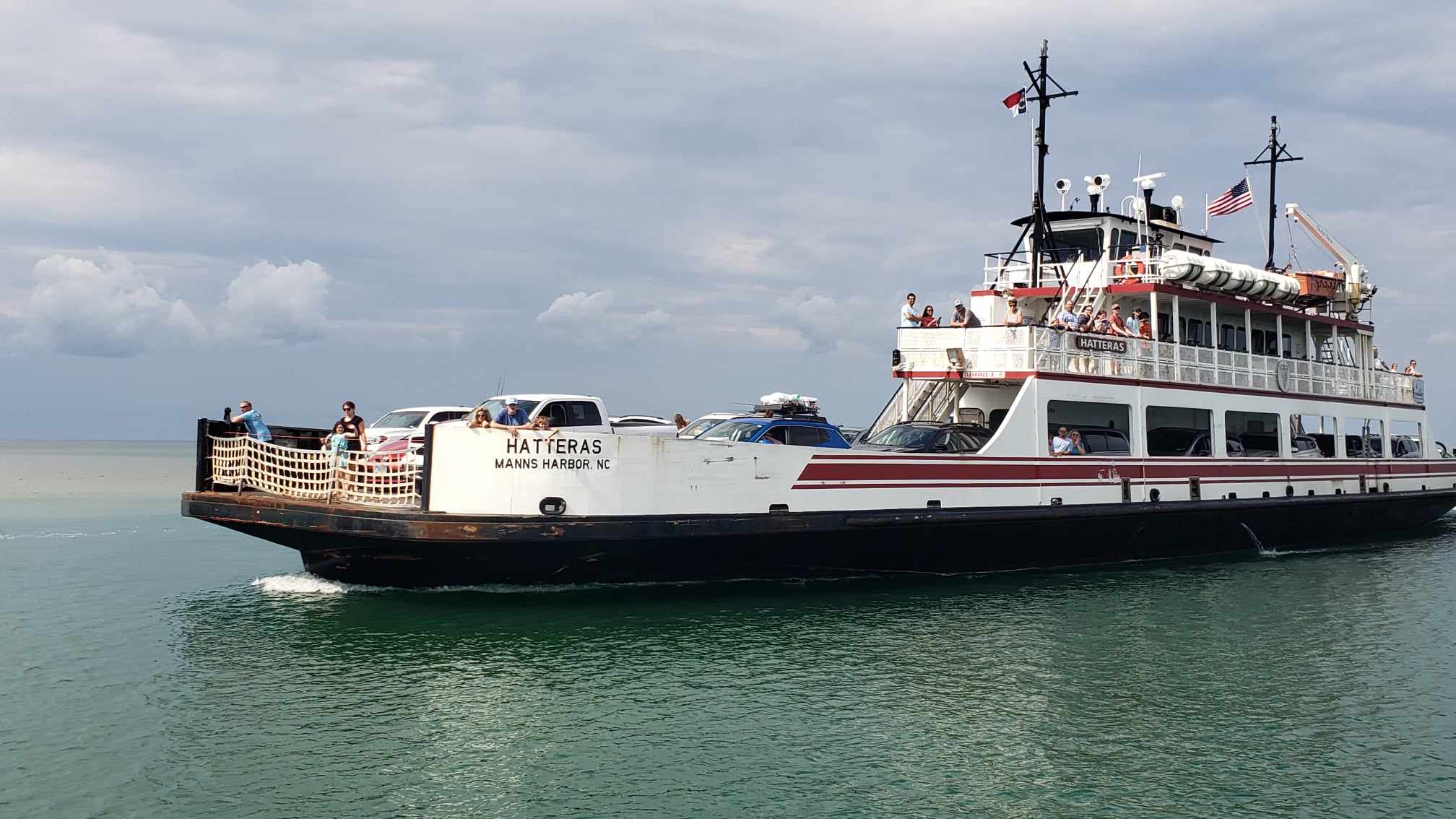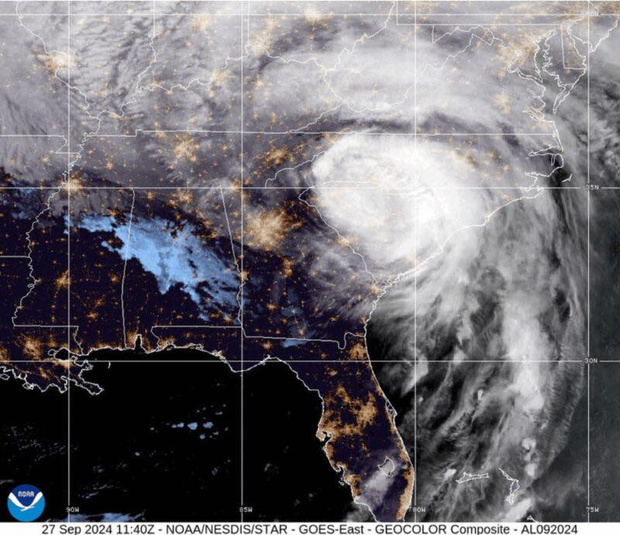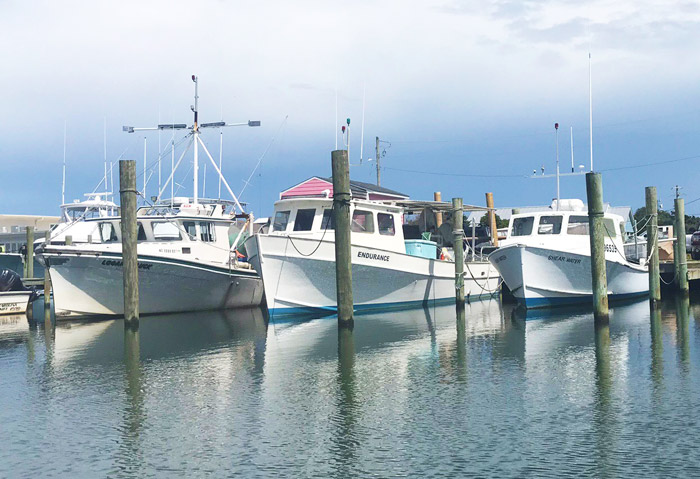Marine Fisheries Commission to vote on mullet regulations Thursday
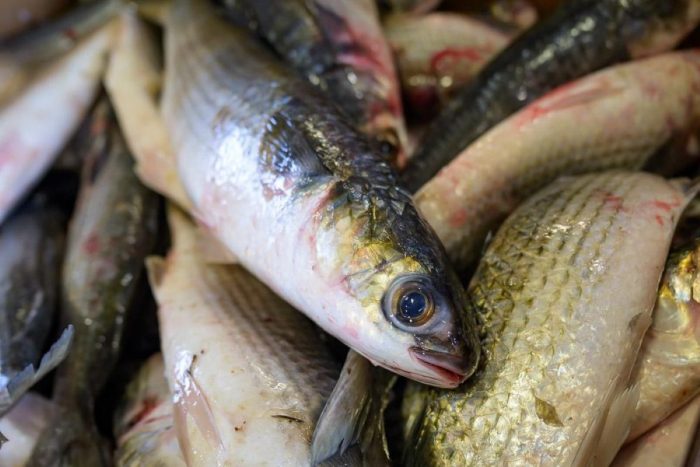
The North Carolina Marine Fisheries Commission will vote to approve the preferred fishery management plan for striped mullet on Thursday afternoon during its February business meeting in New Bern.
After a stock assessment ending in 2019 from the North Carolina Department of Marine Fisheries found mullet is overfished and overfishing is occurring, the DMF recommended a 33 percent reduction in total harvest to end overfishing in two years and end the overfished status in 10 years, according to the North Carolina Department of Environmental Quality website.
To achieve this, the DMF recommended a 50-pound daily trip limit for January for commercial fishermen, a 500-pound daily trip limit from Feb. 1 to Oct. 15, no daily trip limit for roe season from Oct. 16 to Nov. 15, a 50-pound daily trip limit from Nov. 16 to the end of the year, and a 50-pound daily trip limit on Saturdays and Sundays throughout the year, the Island Free Press reported.
The DMF also recommended a 30,000-pound season limit on stop net fishing, a 50-bag limit for recreational fishermen, and an adaptive management framework, the Island Free Press reported.
But the DMF is reconsidering recommending the weekend trip limits for mullet after hearing public comment against it, said Jeff Dobbs, a conservation biologist at the DMF.
“It is [the MFC’s] decision to weigh the input from advisory committees, the public, and the [DMF’s] recommendations to make a final preferred management selection,” Dobbs said.
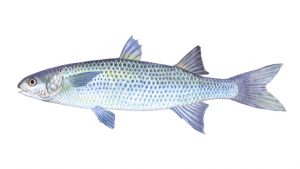
After the DMF drafted the fishery management plan for mullet last year, the DMF held a workshop to review the plan with the Striped Mullet Fishery Management Plan Advisory Committee. The DMF then updated the draft plan, and the MFC voted to send the plan for public comment and review by the Northern, Southern, and Finfish Advisory Committees in January.
After the MFC’s vote on Thursday, the Department of Environmental Quality secretary and legislature will review the fishery management plan in March or April, and the MFC will vote for final approval in May before implementing the plan.
The MFC is a nine-member board appointed by the governor to three-year terms with no term limit. The board is composed of two active or recently retired commercial fishermen, two recreational fishermen, one licensed fish dealer, one sport or charter fisherman, two at-large representatives, and a fishery scientist, according to state law.
Currently, there is no size limit on mullet for recreational or commercial fishermen, but recreational fishermen are held to a 200 mullet daily possession limit.
Mike Langowski, a mullet fisherman in Frisco who’s been fishing commercially for more than 60 years, sees the restrictions on mullet as the end of the commercial fishing industry on Hatteras Island, he said.
“It’s dead,” Langowski said. “The mullet thing to me was just the most ridiculous, stupid thing they’ve ever done that you could actually say that they screwed up, because there’s plenty of mullet around.”
After public comment in January, the Southern Regional Advisory Committee voted to recommend all the DMF’s fishery management plan recommendations, the Finfish Advisory Committee voted to recommend a weekend closure for the fishery and the adaptive management framework, and the Northern Regional Advisory Committee voted to recommended weekend closures but abstained from voting on recreational restrictions or the adaptive management framework, the Island Free Press reported.
At the Northern Regional Advisory Committee meeting in Manteo, Commissioner Steve House, commercial fishermen, recreational fishermen, and tackle shop owners, expressed concerns about the proposed regulation and the state’s data collection for mullet which ended in 2019.
The DMF collects commercial fishing data using the North Carolina Trip Ticket Program, fish house sampling data, and the Observer Program, in which state observers go on trips with commercial fishermen or observe commercial fishermen from DMF boats, wrote Alan Bianchi, the environmental program supervisor for the DMF, in an email to the Island Free Press.
“The Trip Ticket Program did not have a good way to distinguish what Striped Mullet were landed as food fish or as bait fish,” Bianchi wrote.
The DMF added a distinction on trip tickets in 2017 to fix this issue, Bianchi wrote.
Also, the trip tickets don’t differentiate between striped mullet and white mullet, which can contribute to a good portion of the mullet catch, Bianchi wrote.
A DMF study found that “the exact amount [of white mullet] differed by area and season and only appeared to last for a short period,” Bianchi wrote. The current fishery management plan recommends reinitiating this study.
Mike Hooper, a commercial fisherman and owner of Kinnakeet Seafood in Avon, thought MFC regulation would limit the trout fishery, but he thought he’d always be able to make a living fishing for mullet, he said.
“I always thought I could fall back on mullet,” he said. “I didn’t think they’d come for it.”
The business meeting will last from Feb. 21 to Feb. 23 with public comment on Wednesday evening and Thursday morning. Members of the public can speak for three minutes on Wednesday or Thursday and will be limited to three minutes. Applications for public comment closed on Monday.
The vote will take place at the DoubleTree Hilton Hotel in New Bern. A link to watch the meeting can be found here.


